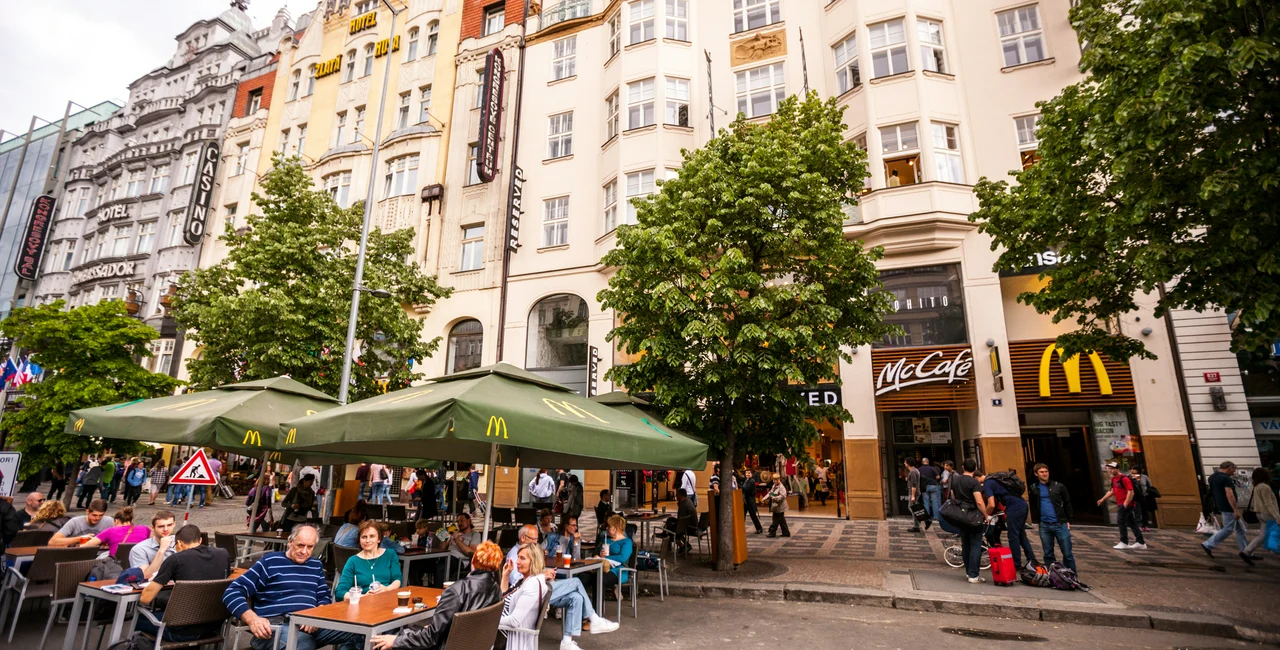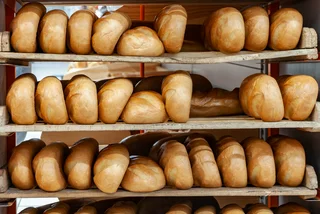When McDonald’s opened its first Czech store on Prague’s Vodíčkova street three decades ago, the fast food chain was symbolic of western consumer culture and of the possibility of ‘eating out’ on the cheap. Now, though, inflation throughout the Czech economy is forcing even the American cheap food king to raise its prices.
The price of a cheeseburger at McDonald’s has climbed to CZK 39, an increase of around 11 percent on the previous price. Last month, the cheeseburger sold for CZK 35 in Czech stores.
This is a far cry from the cost of CZK 21 for a cheeseburger when McDonald’s first arrived in Czechia, although wages have increased significantly since 1992. Still, the price was as low as CZK 20 between 2006 and 2012. The 11 percent increase this month therefore takes the cheeseburger up to almost double its previous value in the space of ten years.
The steep increase is the result of higher operating costs for McDonald’s driven by huge inflation in energy prices as well as raw food materials.
“As raw material prices have been rising for a long time and McDonald’s wants to maintain the usual high quality of products and services, our licensing partners have been forced to pass on these higher costs to the cheeseburger sale price,” said Jitka Pajurková, Communications and PR Director for McDonald’s Czech Republic and Slovakia.
Inflation data for March showed that the highest cost increases faced by consumers and businesses are for energy and fuels. Fuel prices rose by 21.7 percent in a single month. Natural gas is meanwhile 37.7 percent more expensive than a year ago, electricity is 24.7 percent pricier, and hot water costs 13.9 percent more year-on-year.
Meanwhile, new data released by the Czech Statistical Office has shown that prices for wheat flour have risen by about 60 percent year-on-year as of mid-April. Bread is one-third more expensive than a year ago on average, while butter and potatoes cost around 25 percent more.
It’s feared the war in Ukraine will continue to drive up food prices over the coming months due to the country’s global significance as a wheat and grain exporter and as a producer of cooking oils. This will have a knock-on effect on restaurants, so this month's price increases might not be the last to be seen this year.












 Reading time: 2 minutes
Reading time: 2 minutes 

























